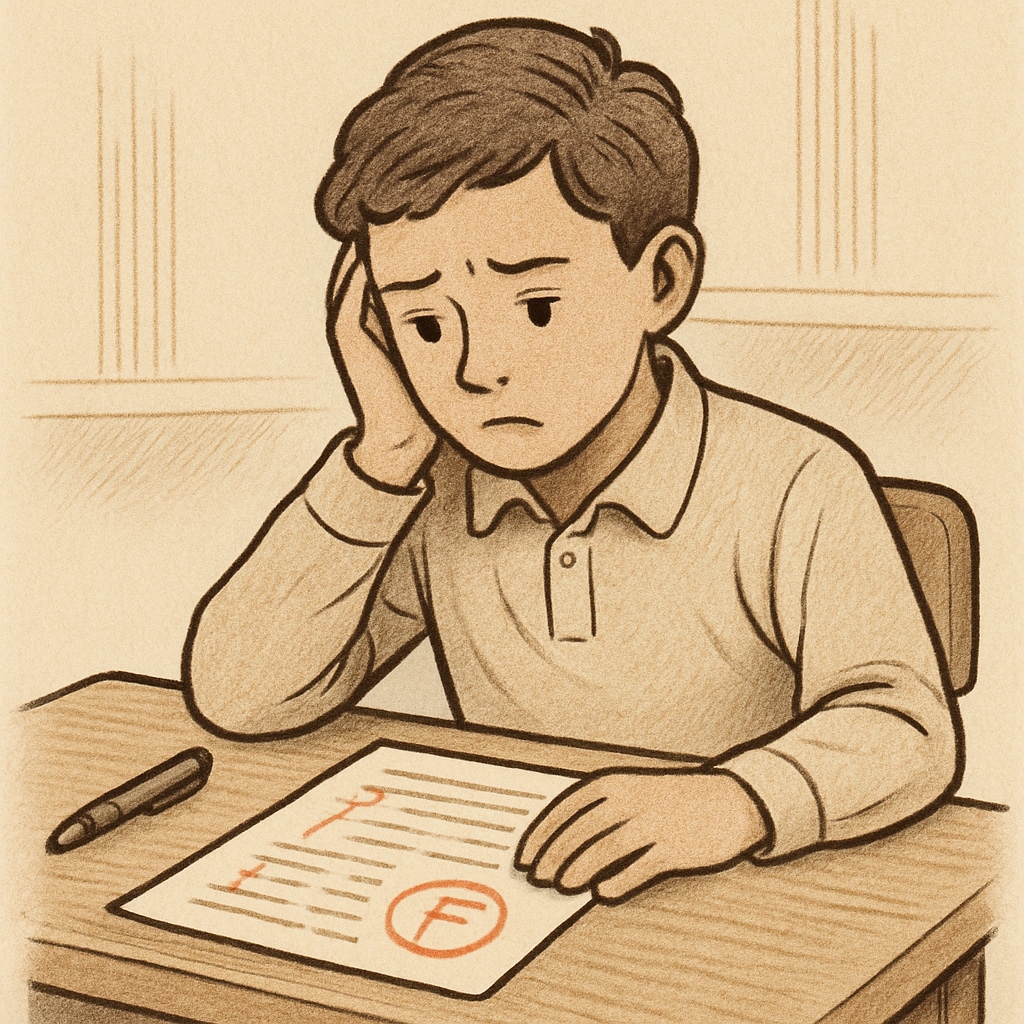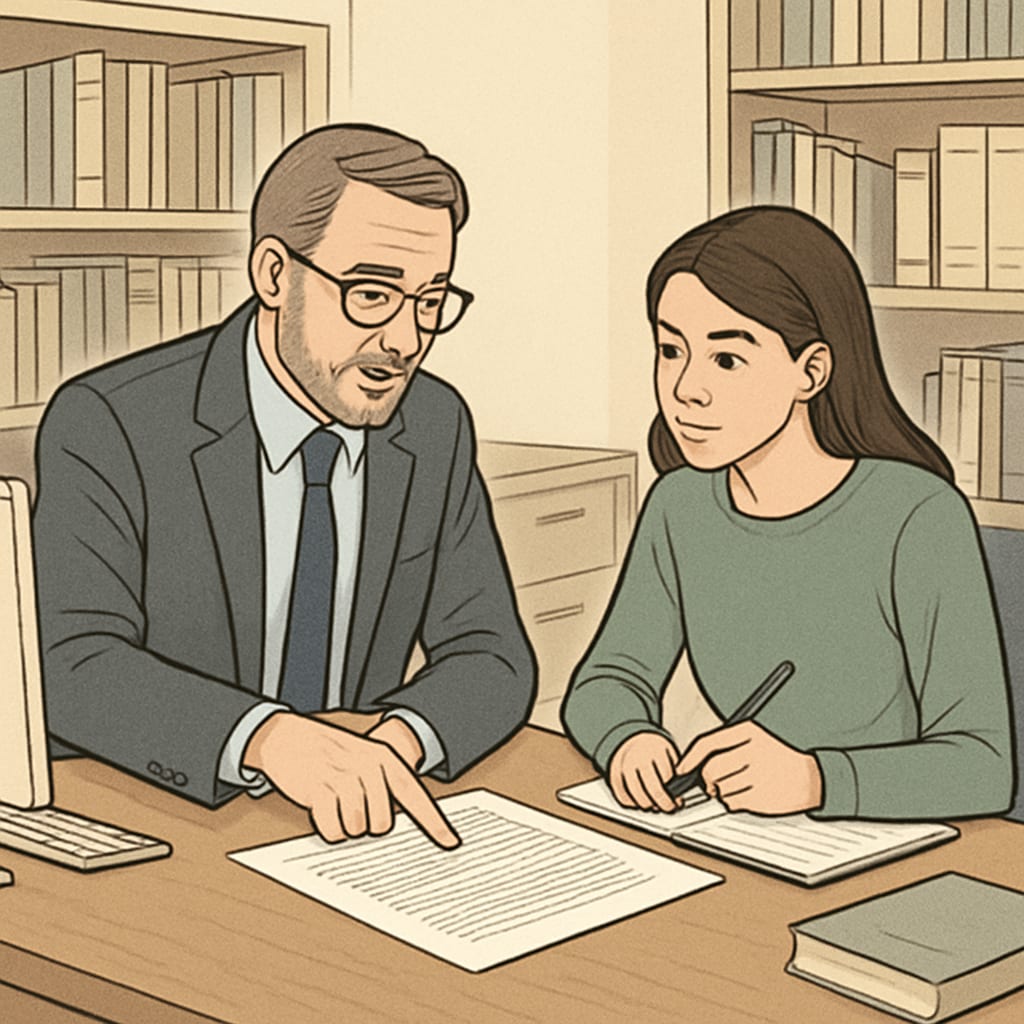The issue of professors wrongly accusing students of plagiarism has raised concerns in academic circles. Misjudgments in this area can leave students feeling unfairly treated, stigmatized, and disheartened. While maintaining academic integrity is essential, it is equally important to ensure that students are not wrongly penalized. In this article, we will examine the reasons behind such accusations, their effects on students, and how to establish fair evaluation mechanisms.

Why Do Professors Wrongly Accuse Students of Plagiarism?
Plagiarism accusations often arise from professors’ efforts to uphold academic standards. However, errors in judgment can occur due to several reasons:
- Overreliance on Detection Software: Tools like Turnitin or Grammarly are widely used to identify potential plagiarism. However, these programs often flag common phrases, technical terminology, or cited materials as plagiarized, leading to false positives.
- Implicit Bias: Professors may unconsciously harbor biases against certain students, such as non-native speakers or those with a history of poor performance, which can color their perceptions.
- Misinterpretation of Originality: Students may structure ideas in ways that inadvertently mirror source material, even though the thoughts are their own. Professors may misinterpret this as intentional copying.
These factors highlight the need for a balanced approach when assessing academic work. Overzealous enforcement often leads to unfair accusations, undermining trust between educators and students.
The Emotional and Academic Impact of False Plagiarism Accusations
Being wrongly accused of plagiarism can have serious consequences for students. First, it can damage their academic reputation, potentially leading to failing grades or disciplinary actions. In some cases, such accusations may even hinder their future educational or career opportunities.
Emotionally, students often experience stress, anxiety, and feelings of injustice. For example, a 2021 study published in the Journal of Academic Ethics found that 30% of students accused of plagiarism reported long-term negative impacts on their confidence and academic motivation.

Solutions: Building a Fair and Transparent Evaluation System
To address the issue of wrongful plagiarism accusations, educational institutions need to adopt more nuanced and transparent practices. Here are some suggestions:
- Training for Professors: Regular workshops can help educators better understand plagiarism detection tools and avoid common pitfalls. These sessions can also address biases and promote fair assessments.
- Encouraging Open Communication: When plagiarism is suspected, professors should meet with the student to discuss their work. This dialogue can clarify misunderstandings and provide the student with an opportunity to explain.
- Implementing a Review Committee: Establishing an impartial panel to review disputed cases can ensure that accusations are evaluated fairly and thoroughly.
- Educating Students: Institutions should provide clear guidelines on academic integrity, including how to cite sources properly and avoid unintentional plagiarism.
By implementing these measures, schools and universities can foster a culture of fairness and mutual respect while upholding academic integrity.
Conclusion: Balancing Integrity and Fairness
Professors play a crucial role in maintaining academic standards, but wrongful accusations of plagiarism can harm students’ academic and emotional well-being. By addressing the root causes of such errors and adopting fairer evaluation practices, educational institutions can ensure a balanced approach. Ultimately, the goal is to protect both the integrity of academia and the rights of students, creating an environment where learning and innovation can thrive without fear.
To learn more about academic ethics and best practices, visit the Academic Integrity page on Wikipedia.


